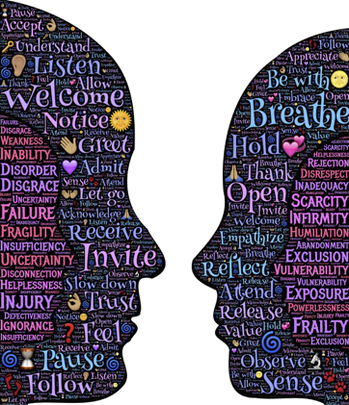 The workplace, says New York Times Applied Science columnist Phyllis Korkki, can be “a petri dish of conflict”. And some of these conflicts have the potential to escalate out of control. In many instances people feel slighted or even victimized. But, as it turns out, most of the transgressors themselves contend they meant no harm and “wanted to be forgiven much more than their victims realized.” Gabrielle S Adams, an assistant professor at the London Business School and a visiting fellow at Harvard, has examined the role that empathy and forgiveness play in resolving such conflicts. Said Adams. “We ask victims to think about what it would be like to be the transgressor, and [we] reduce that miscalibration.” In other words, the mental exercise of putting yourself in the other person’s shoes, a.k.a. empathy, works (Tweet it!). “By making it a point to resolve conflicts by encouraging empathy and forgiveness, workers and managers can improve workplace conditions.” Can you think of a conflict at work when you felt slighted but later discovered “the offender” meant no harm? How did you resolve the misunderstanding? To join the conversation, click "comments" below. If you would like to read more about creating a habit around communication mastery, check out our book: Be Quiet, Be Heard: The Paradox of Persuasion
2 Comments
Bobbi Kamil
7/6/2017 02:36:55 pm
Empathy is one of the most powerful tools I know. It works in so many settings--a marriage, a teacher/student issue and in so many others. If more of us could slow down, take a deep breath and just try for a moment to reverse positions, so many confrontations could be avoided.
Reply
susan
7/6/2017 06:08:07 pm
Well said, Bobbi. Something that seems so simple appears to be eluding us -- in our organizations, families, schools and governments. Nice to know that even a little empathy has high impact. Thanks for sharing your insights with our community.
Reply
Your comment will be posted after it is approved.
Leave a Reply. |
Archives
July 2024
Categories
All
|
|
Glaser & Associates, Inc.
Executive Offices 1740 Craigmont Avenue, Eugene, OR 97405 541-343-7575 | 800-980-0321 [email protected] |
© 2019 Glaser & Associates. All Rights Reserved.


 RSS Feed
RSS Feed